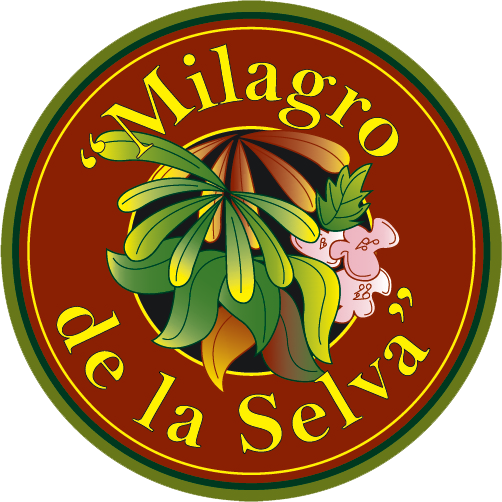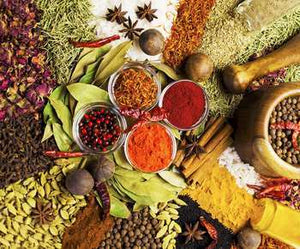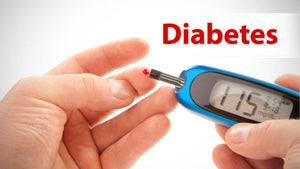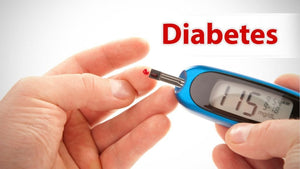QUICK HEALTH TIPS: A few notes on diabetes type 2

People with type 2 diabetes often cannot perceive sweet tastes. This abnormality may play an important role in how individuals with diabetes perceive the taste of their food, and also in how well they comply with the dietary aspects of treatment. Because our society as a whole is addicted to sugar, this distorted taste perception is very common among the population in general.
Opinions may differ as to the optimal ratio of dietary carbohydrates, proteins, and fats for prevention and treatment of diabetes. However, it is safe to say that carbohydrates trigger the release of insulin. As more carbohydrates are consumed, more insulin is produced. The current epidemic of obesity and diabetes in the United States indicates that we are asking our bodies to burn the wrong fuel—refined carbohydrates in this case.
Try to eat a low-fat, high-fiber diet including plenty of raw fruits and vegetables as well as fresh vegetable juices. This reduces the need for insulin and also lowers the level of fats in the blood. Fiber helps to reduce blood sugar surges. For snacks, eat oat or rice bran crackers with nut butter or cheese.
The types of carbohydrates consumed are at least as important as the total carbohydrate loading. High-glycemic foods such as white rice, white flour products, pasta, starchy vegetables, and many processed foods are quickly converted into blood sugar during digestion, causing insulin levels to go up. Carbohydrates found in low-glycemic foods such as asparagus, broccoli, cabbage, green beans, and low starch vegetables and fruits are converted into blood sugar more slowly, which only gradually raises insulin levels.
Get your protein from vegetable sources, such as grains and legumes. Fish and low-fat dairy products are also acceptable sources of protein. Avoid saturated fats, trans-fats, hydrogenated or partially hydrogenated oils, and simple sugars.
Remember, however: Research has shown that sugar—a simple carbohydrate—does not cause the greatest increase in blood glucose. Eating baked potatoes or some breakfast cereals causes a greater rise in blood sugar. In fact, carrots raise blood sugar more than ice cream does. Carbohydrates are converted quickly into glucose in the body. It is on this principle that many high-protein, low-carbohydrate diets are based. It is essential, therefore, that people with diabetes measure their intake of both simple and complex carbohydrates—not simply those coming from sugar.
SOURCE: Prescription For Nutritional Healing
- Anthony R









Comments 0